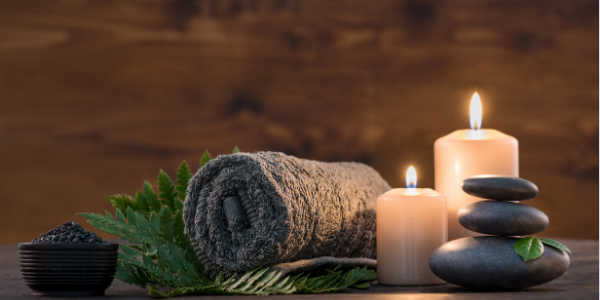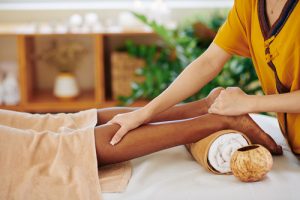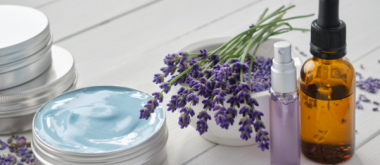In the elderly, common symptoms associated with aging are often progressive. Every bodily function, from vision to movement, can be affected by the aging process. While there are many conventional therapies that can slow this type of decline in older adults, not everybody responds to them in the same way. Some forms of treatment, such as medications, may cause side effects that are difficult for some people to tolerate. Because of this, massage therapy for the elderly has gained the interest of both patients and doctors in recent years. This type of therapy can offer many benefits for aging adults. It can be used as both a complementary form of treatment in combination with conventional therapies and as a stand-alone form of therapy. With that said, here are some of the ways that massage therapy can help the elderly and improve their quality of life.
Benefits of Massage Therapy
Reduced Stiffness in Joints
Massage therapy can be great for loosening up stiff body parts and increasing core strength. A myofascial release is a form of massage that focuses on relieving pain that originates from stiff or immobile tissues.
A study involving two groups of elderly patients with lower back pain explored the use of myofascial release massage, combined with exercise, as a form of therapy. One group participated in the combination therapy while the other group only engaged in exercise.
After six weeks, the group that received the myofascial release massages had much more improvement in both core stability endurance and spinal mobility.
An improvement in core stability endurance means that an elderly person will have more strength in his or her body core and better control over certain body movements. Spinal mobility is the flexibility in movements that involve the joints of the spine. Those who improve their spinal mobility often notice improvements in overall body stiffness, reduced shoulder and neck pain and more ease when walking.
 Massage Therapy Improves Movement
Massage Therapy Improves Movement
As a person ages, it’s natural that some tasks become more difficult to do. Sometimes this is a result of a condition known as sensorimotor system disturbance. With this condition, movements can become slow due to the natural aging process. For some aging adults, it might seem as if messages from the brain are taking a few seconds longer to reach their fingers, toes or any other parts that they want to move.
Massage therapy has been shown to improve this condition in some elderly patients when applied to affected limbs or other body parts that are slow to respond. In some cases, it can also improve the movements of nearby parts, not just the specific areas that are directly massaged.
Decreased Inflammation
Massage therapy can reduce inflammation within the body as well. Evidence shows that cortisol, a hormone that’s responsible for chronic inflammation in many age-related diseases, can be reduced with massages. Studies have found that the reduction can be quite significant, with a 31-percent average decrease in many patients.
In addition to this, both dopamine and serotonin levels increase during and after massages. A decrease in these hormones has been associated with patient perceptions of pain. In other words, the elderly population may see improvements in pain relief by participating in massage therapy.
Improved Brain Function
There’s evidence that massage therapy can help improve brain function in aging adults. Acupressure is a form of massage that focuses on massaging specific points throughout the body that are referred to as pressure points. It is believed that massaging these points with firm hand pressure can reinvigorate a person’s natural healing process by stimulating an immune response.
Evidence from various studies shows that this may cause cognitive improvement when applied to specific areas of the head. Elderly participants who engaged in acupressure massage for up to six months performed better on exams designed to test their memory and learning skills than those who didn’t.
Lastly, in a study that involved elderly adults with hypertension, acupressure massages led to greater improvement in both sleep and cognitive function than conventional therapies.

 Massage Therapy Improves Movement
Massage Therapy Improves Movement



